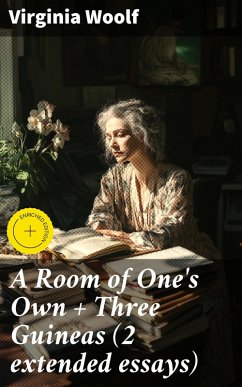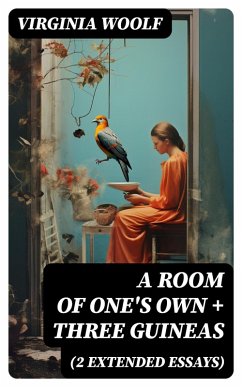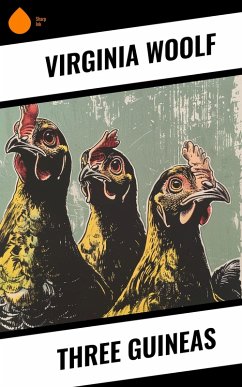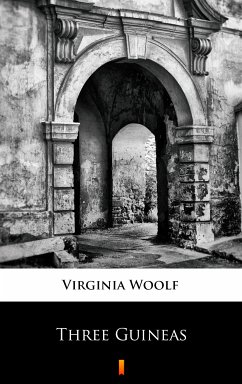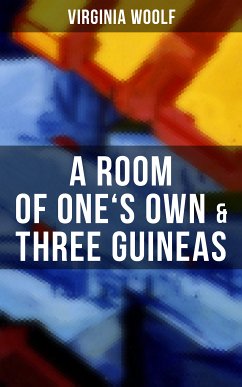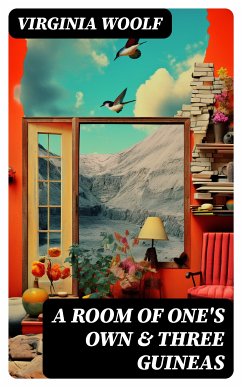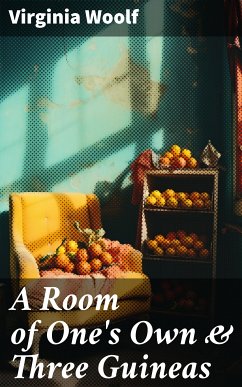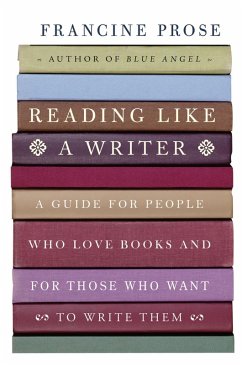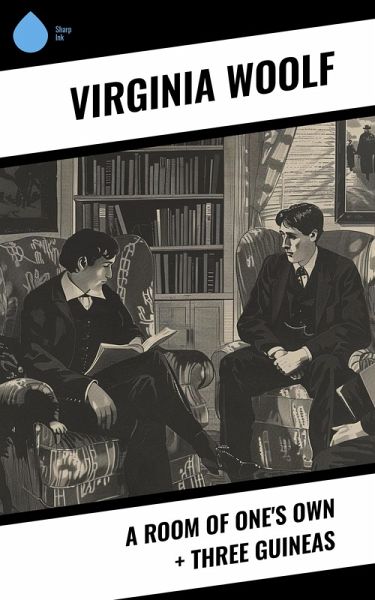
A Room of One's Own + Three Guineas (eBook, ePUB)
Versandkostenfrei!
Sofort per Download lieferbar
2,99 €
inkl. MwSt.
Weitere Ausgaben:

PAYBACK Punkte
1 °P sammeln!
Virginia Woolf's seminal works, "A Room of One's Own" and "Three Guineas," intertwine to explore the intersections of gender, creativity, and societal constraints within early 20th-century England. Woolf employs a unique blend of narrative and essayistic style that oscillates between personal anecdotes and broader sociopolitical critique, effectively illustrating the profound impact of economic independence on women's literary output. Thus, the texts serve as both a manifesto and an invitation for women to assert their voices in a patriarchal society that has historically marginalized their co...
Virginia Woolf's seminal works, "A Room of One's Own" and "Three Guineas," intertwine to explore the intersections of gender, creativity, and societal constraints within early 20th-century England. Woolf employs a unique blend of narrative and essayistic style that oscillates between personal anecdotes and broader sociopolitical critique, effectively illustrating the profound impact of economic independence on women's literary output. Thus, the texts serve as both a manifesto and an invitation for women to assert their voices in a patriarchal society that has historically marginalized their contributions. Woolf, a pivotal figure in the modernist literary movement, was deeply influenced by her own experiences of inequality and the artistic circles of her time. Born into a family of intellectuals and writers, her advocacy for women's rights was likely shaped by her observation of limitations placed upon women, including her own struggles with mental health and societal expectations. In "Three Guineas," she passionately critiques the systemic barriers that hinder women's access to education and professional realms, using her platform to engage with readers about the consequences of economic and educational disenfranchisement. These works are essential reading for anyone interested in feminist literature, cultural history, and modernist thought. Woolf's eloquent prose not only challenges the status quo but invites readers to rethink the spaces women occupy-both literally and metaphorically-empowering them to cultivate their own intellectual and creative independence.
Dieser Download kann aus rechtlichen Gründen nur mit Rechnungsadresse in A, B, BG, CY, CZ, D, DK, EW, FIN, F, GR, HR, H, IRL, I, LT, L, LR, M, NL, PL, P, R, S, SLO, SK ausgeliefert werden.





